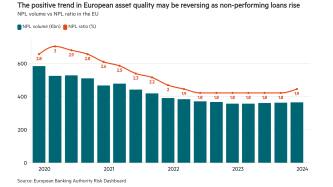The Quincecare duty, named after the case in which it was established, requires financial institutions to refrain from executing customers’ orders if they are put on notice that the orders are part of a fraud. The last few years have brought a flurry of disputes over the duty to the country’s highest courts.
Quincecare has long been contentious, not least because of the obvious challenge it presents to financial institutions when considered alongside their duty to comply promptly with their customers’ instructions so as to avoid causing them financial loss.












